Feature image @mockpaperscreens
Short stories, despite their brevity, are often packed with the intensity of novels. They are word pictures that come with myriad interpretations. Short story collections from India, despite their intellectual richness, have not attracted as much popularity as they deserve in the global literary industry. Here’s a list of eight such intriguing anthologies that need to be read by a more diverse readership.
Don’t miss these books about the socio-cultural dynamic in Indian families>>
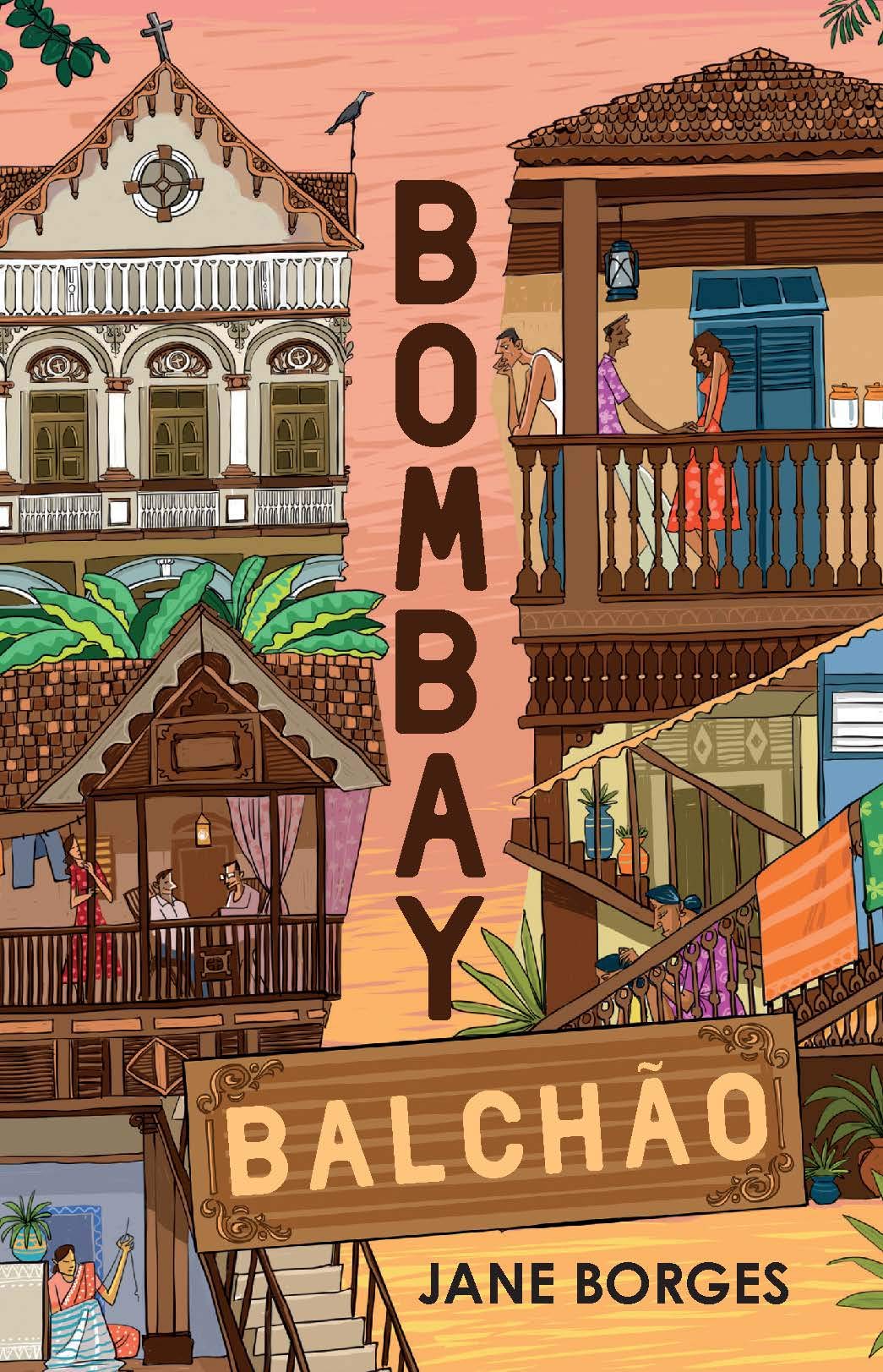
Bombay Balchao by Jane Borges
Bombay is a city of many shades. Bombay Balchao is a collection of short stories that through wit and humor, captures Bombay in all its cultural melting pot glory. We get snippets of the regular lives of those who might be considered regular people if not caught through the lens of a writer. They live as churchgoers, atheists, bachelors, (happily or otherwise) married couples, lovers, friends, and the like. Their extraordinary misery, fascinating histories, and interesting cultural backgrounds form the crux of this book.
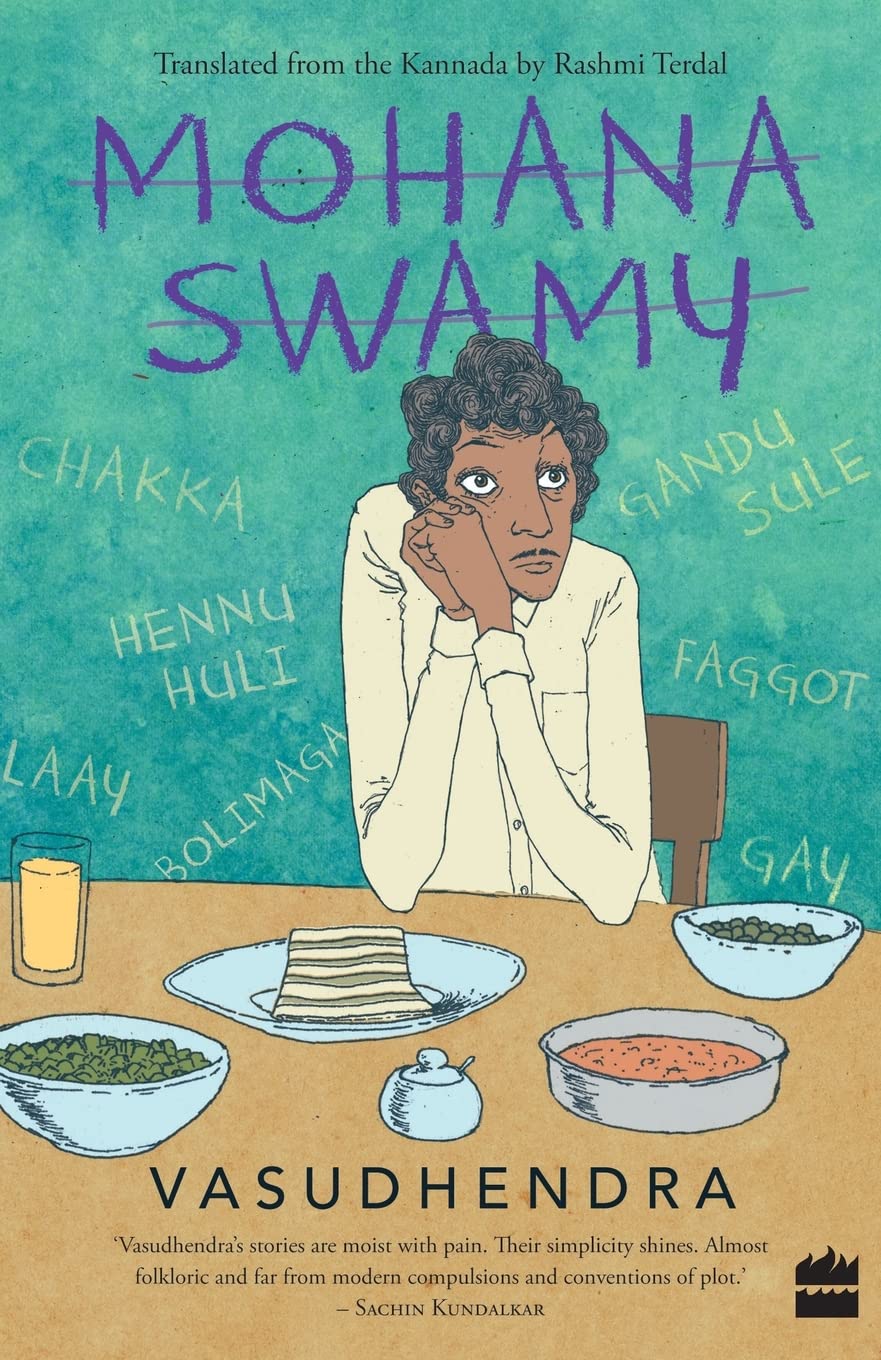
Mohanaswamy by Vasudhendra (Translated by Rashmi Terdal)
This collection of interlinked short stories discusses the difficulties of navigating Indian society as a Queer man. Like everyone else, Mohanaswamy dreams of living a life full of love and cheer. But the world is a hostile space for the most part, and doesn’t have much empathy for someone who is considered an anomaly. From losing his lover to a woman to dating app woes, this book is a realistic take on the casual cruelties inflicted by mainstream culture on Queer people.

The Adivasi Will Not Dance by Hansda Sowvendra Shekhar
This book is a realistic portrait of the Santhal community in India. It pinpoints the cycle of oppression practiced by the people with economic and caste privileges. The Santhals are reliant on them for their survival and the upper caste takes full advantage of it. Women are doubly oppressed; besides navigating caste-based discrimination, they also have to suffer at the hands of patriarchy. This book is not an easy read—but it is indeed the need of the hour.
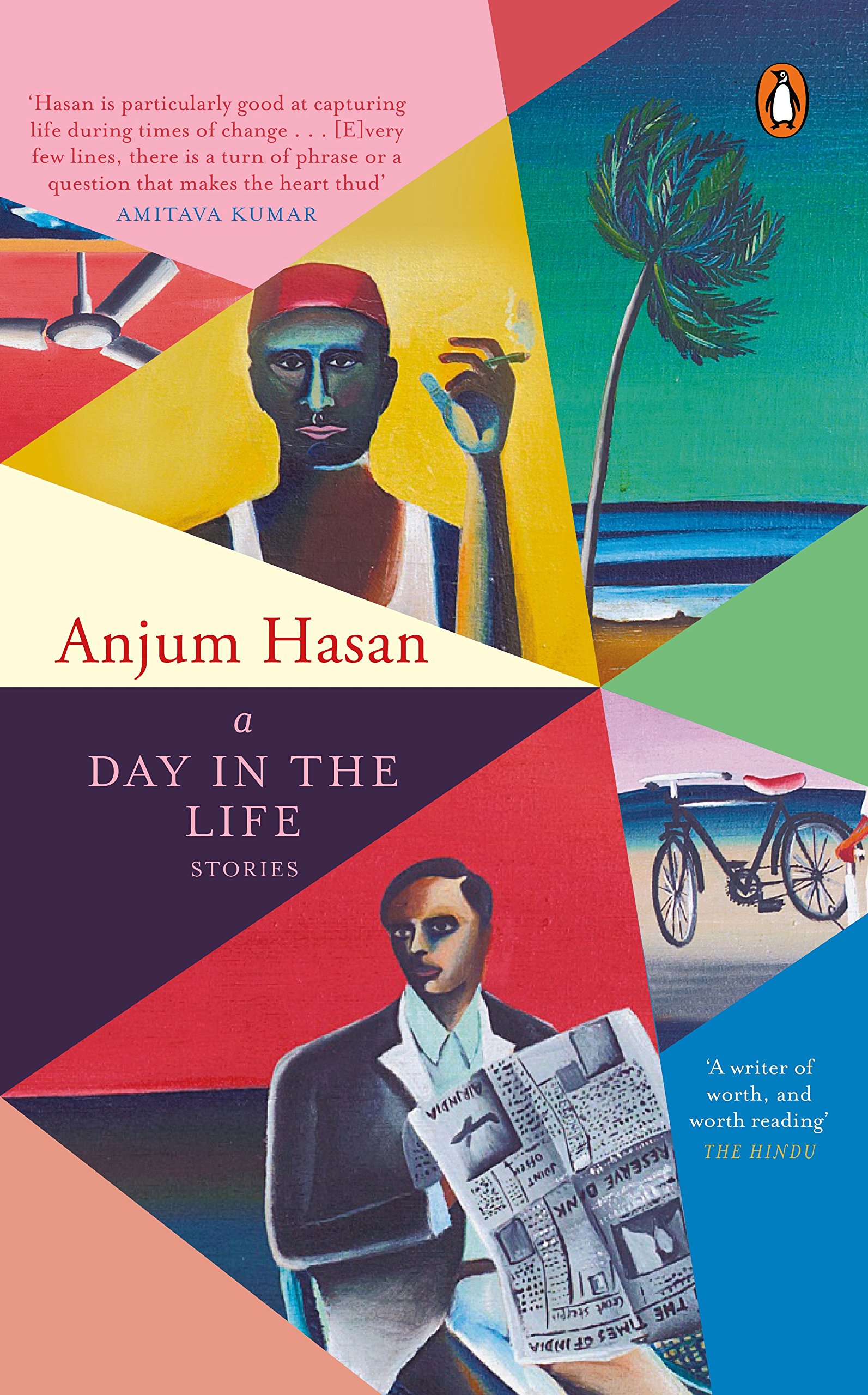
A Day In The Life by Anjum Hasan
Anjum Hasan’s protagonists are a mix of contradictory traits— outliers but also conformists, introspective but also outward-looking, vulnerable but also strong, and the like. They come from different walks of society making this collection a melting pot of cultures. Though their lives are ruled by routine, time and again they rebel against it. Where is their place in society and how do they hold on to it? How do they navigate a world where it’s very easy to fall behind?

Shake The Bottle And Other Stories by Ashapurna Devi (translated by Arunava Sinha)
Ashapurna Devi portrays the interior lives of Indian women like no other writer. Women have been confined to the domestic realm for way too long. Their intellectual capabilities have been dismissed for the benefit of a patriarchal society. Ashapurna Devi brings to light the stories of many such women who have been wronged by a culture that works against them. The imprisonment of women by a system that is not just exploitative, but also inhumane, has been honestly depicted in this anthology of short stories.
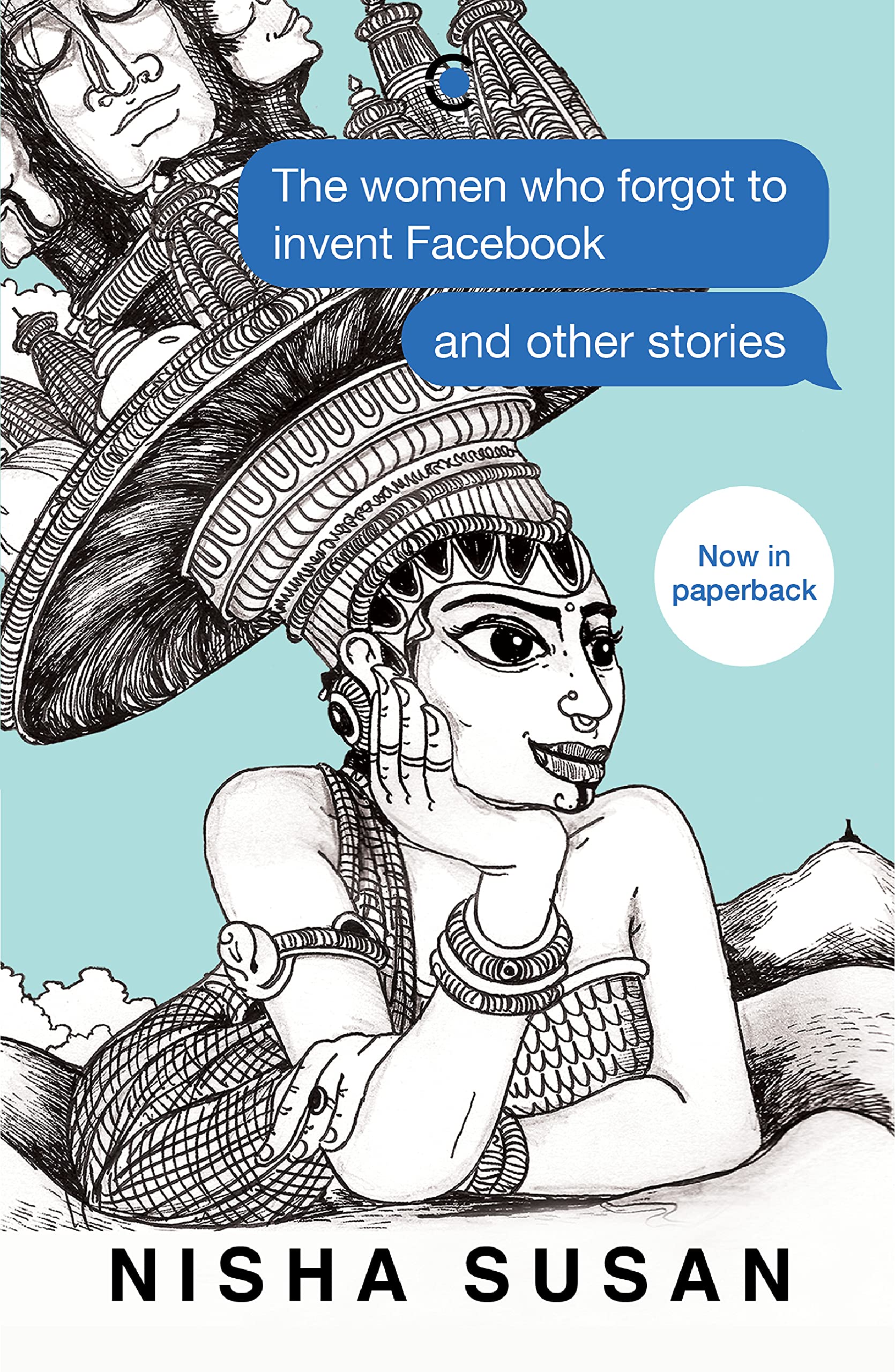
The Women Who Forgot to Invent Facebook and Other Stories by Nisha Susan
This book is a hilarious collection of short stories featuring the India of the twenty-first century. The characters hail from different parts of India. From maids to young affluent mothers, writers to dancers, Susan paints incredible word pictures of the struggles and wins of a diverse range of characters. She explores love, angst and intimacy with great compassion just making this book an endearing and thought-provoking read. It shows us the new India, where with the advent of the internet and the way we form interpersonal relationships is rapidly changing.
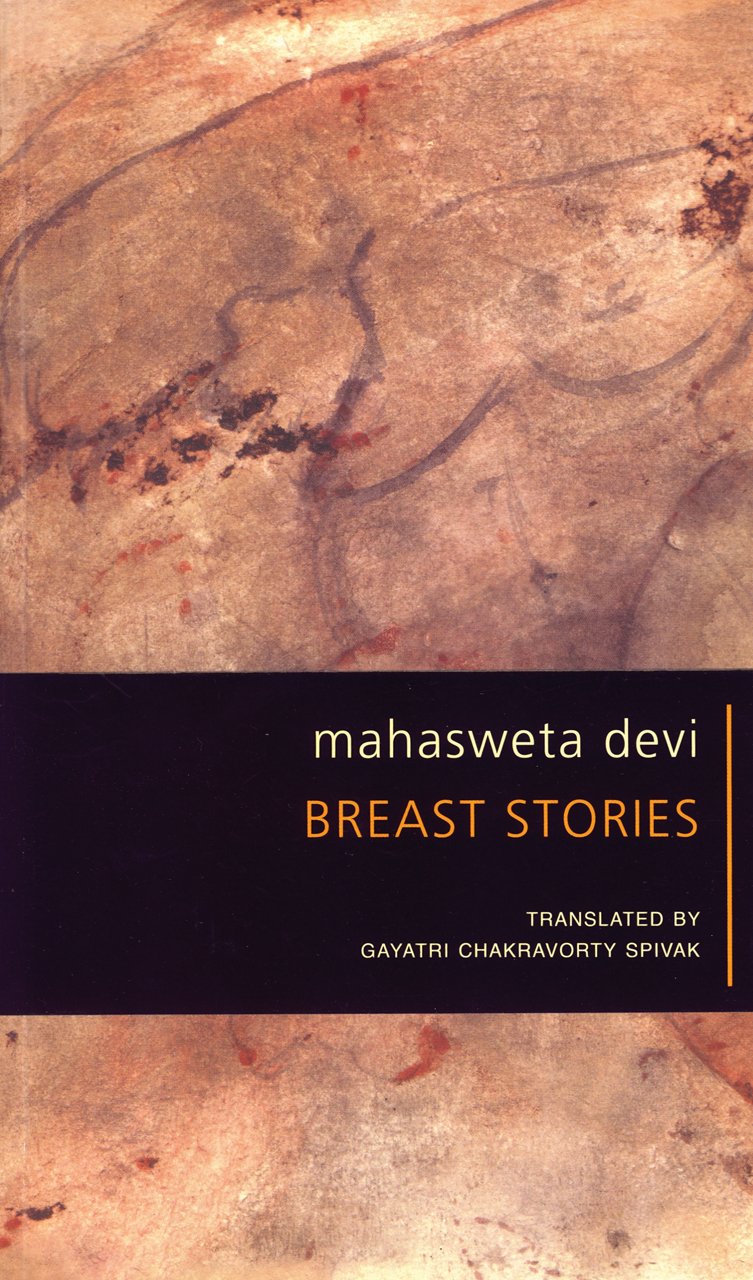
Breast Stories by Mahasweta Devi (translated by Gayatri Chakravorty Spivak)
In this collection of short stories that offer us a brutally honest representation of women’s position in society, the breast has become a metaphor for female power. It’s the tool of nourishment that brings up a child. But it can also be an object through which women seek revenge. The breast is no ordinary body part; it’s an extension of womanhood. Breasts are a symbol signifying how women with different social backgrounds are actually unified in their struggles.

The Artist Of Disappearance by Anita Desai
This book is an anthology of short stories and novellas that speak of characters who are still haunted by the past. They are trying to cope with the changes around them as best they can. The modern world sometimes gets too much and some of them hide in their shell to escape it. Some, on the other hand, get overly ambitious, thus disrespecting others in the process. Desai’s extraordinary power to create meaning out of the mundane come alive in this book.
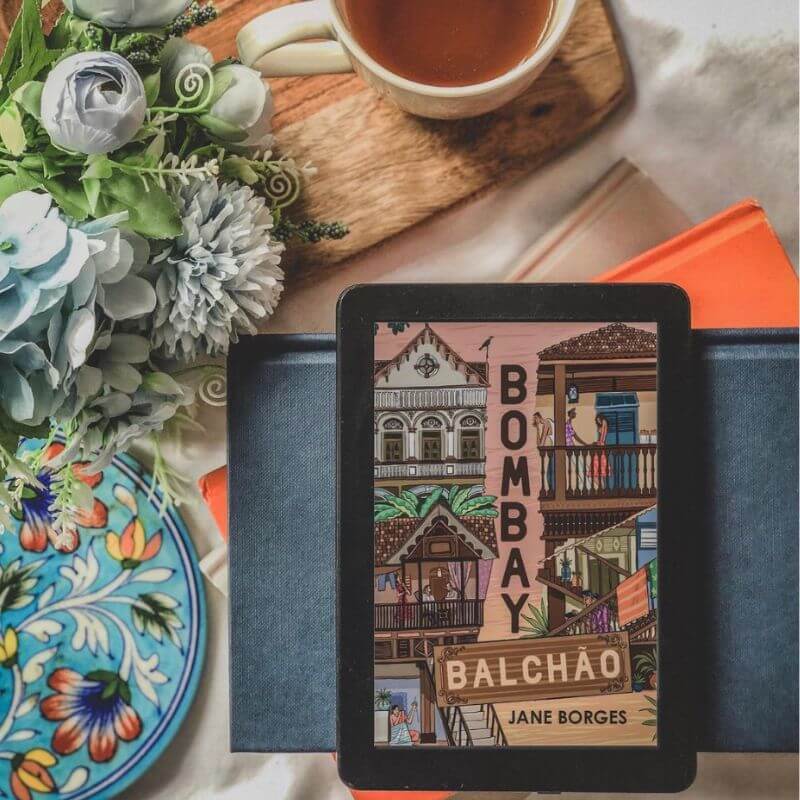
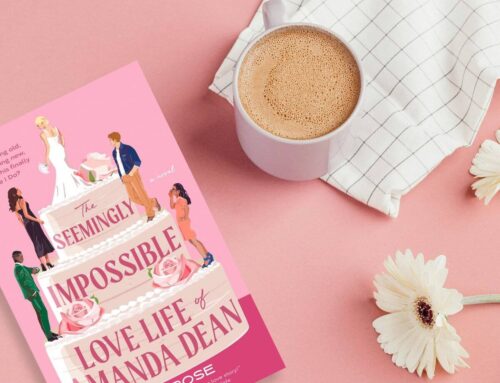

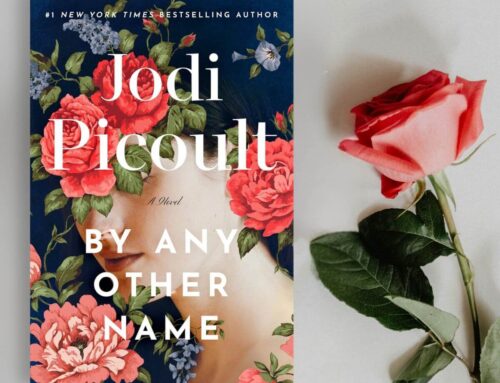

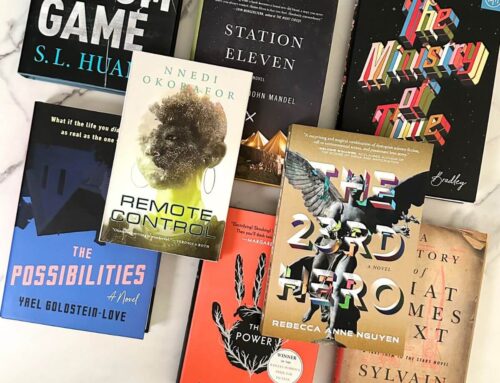

Leave A Comment